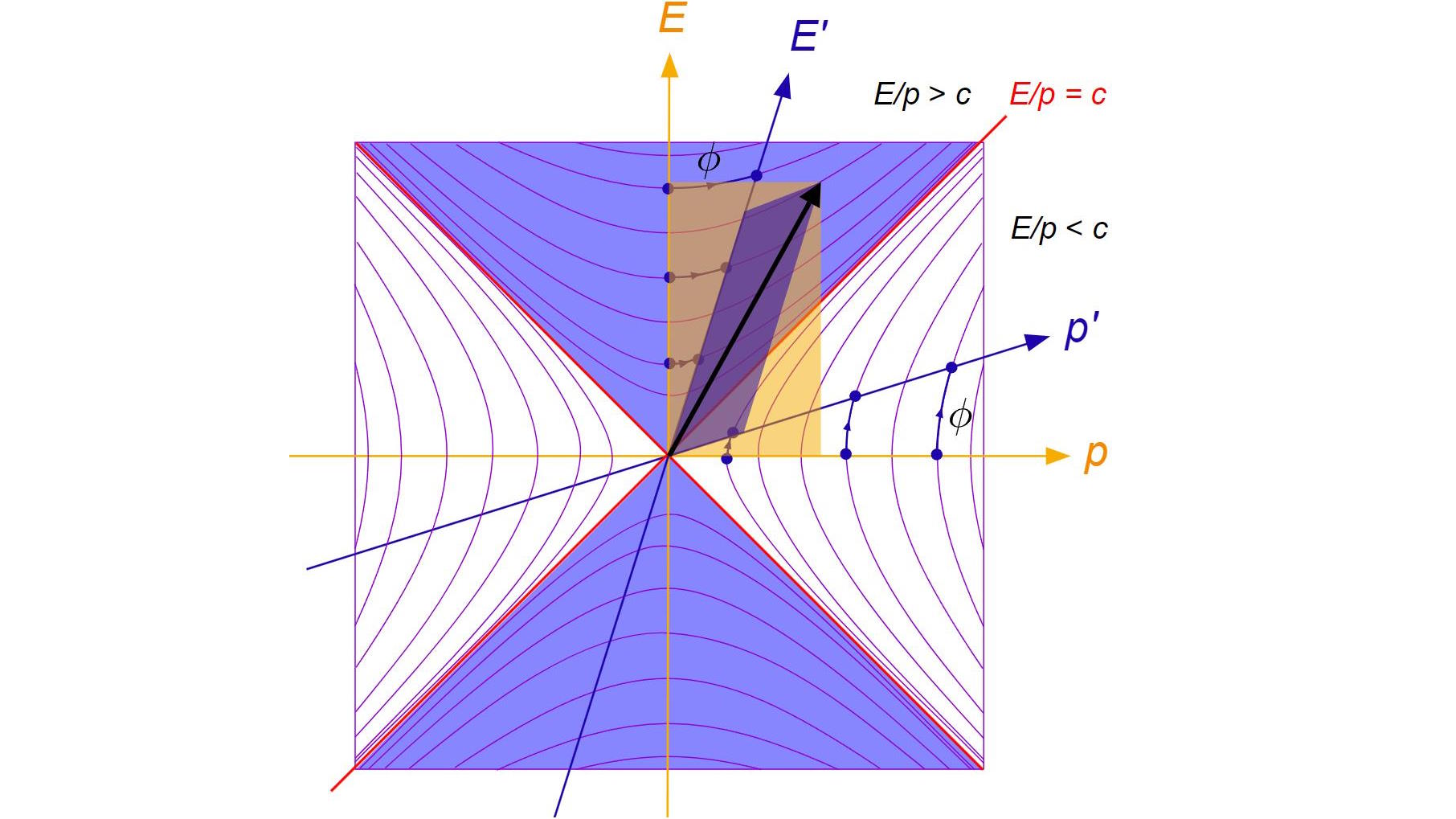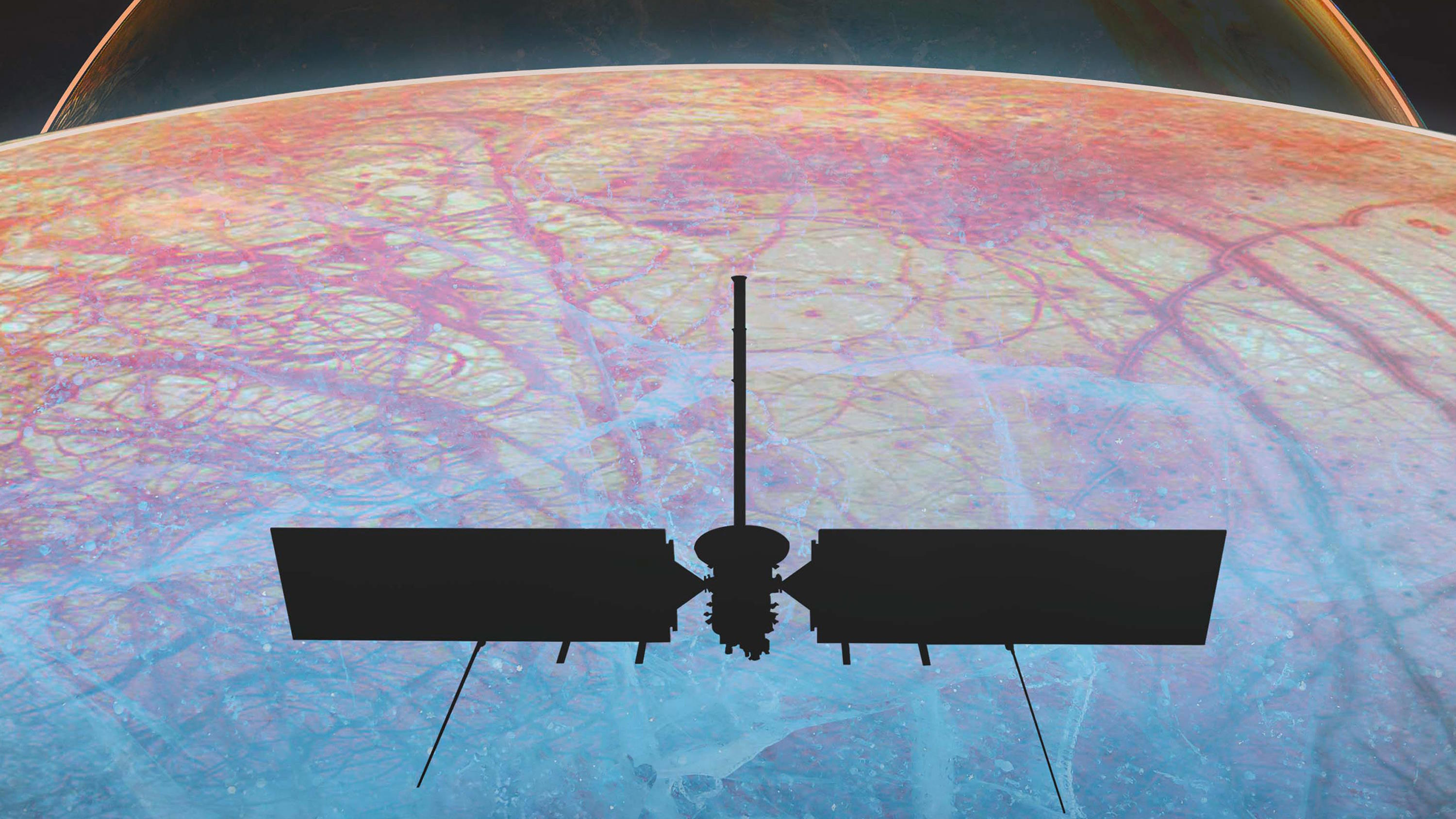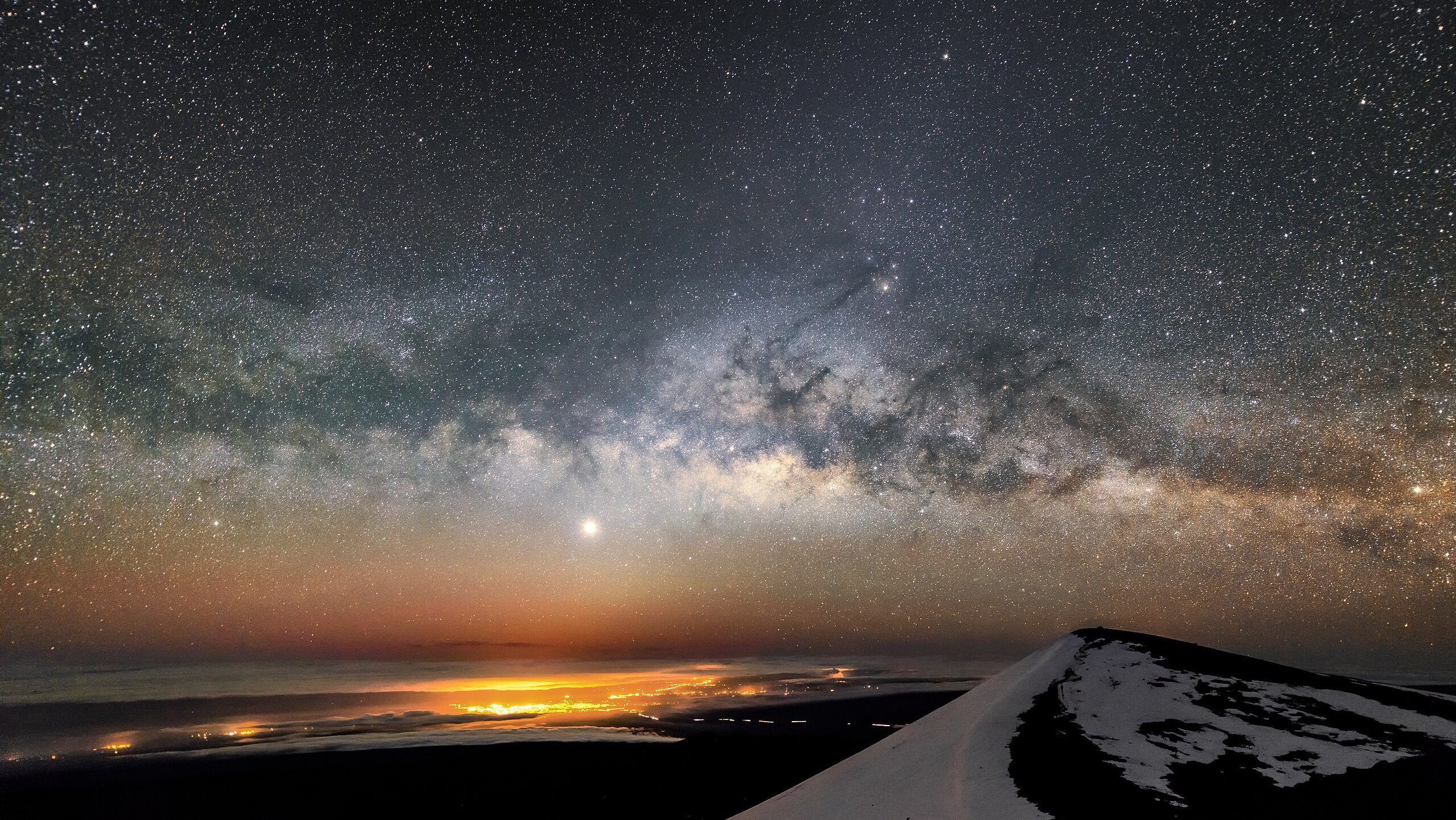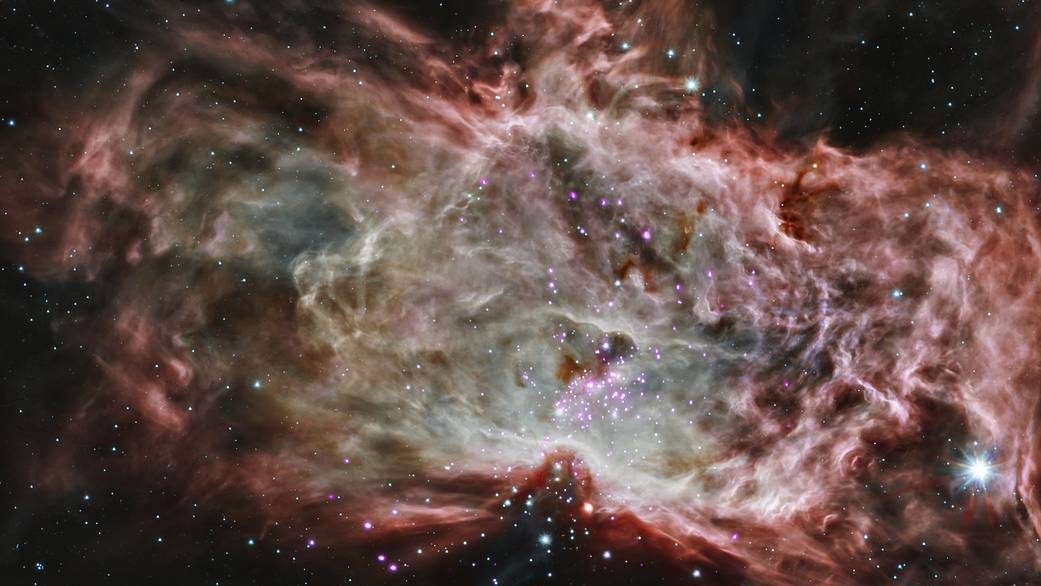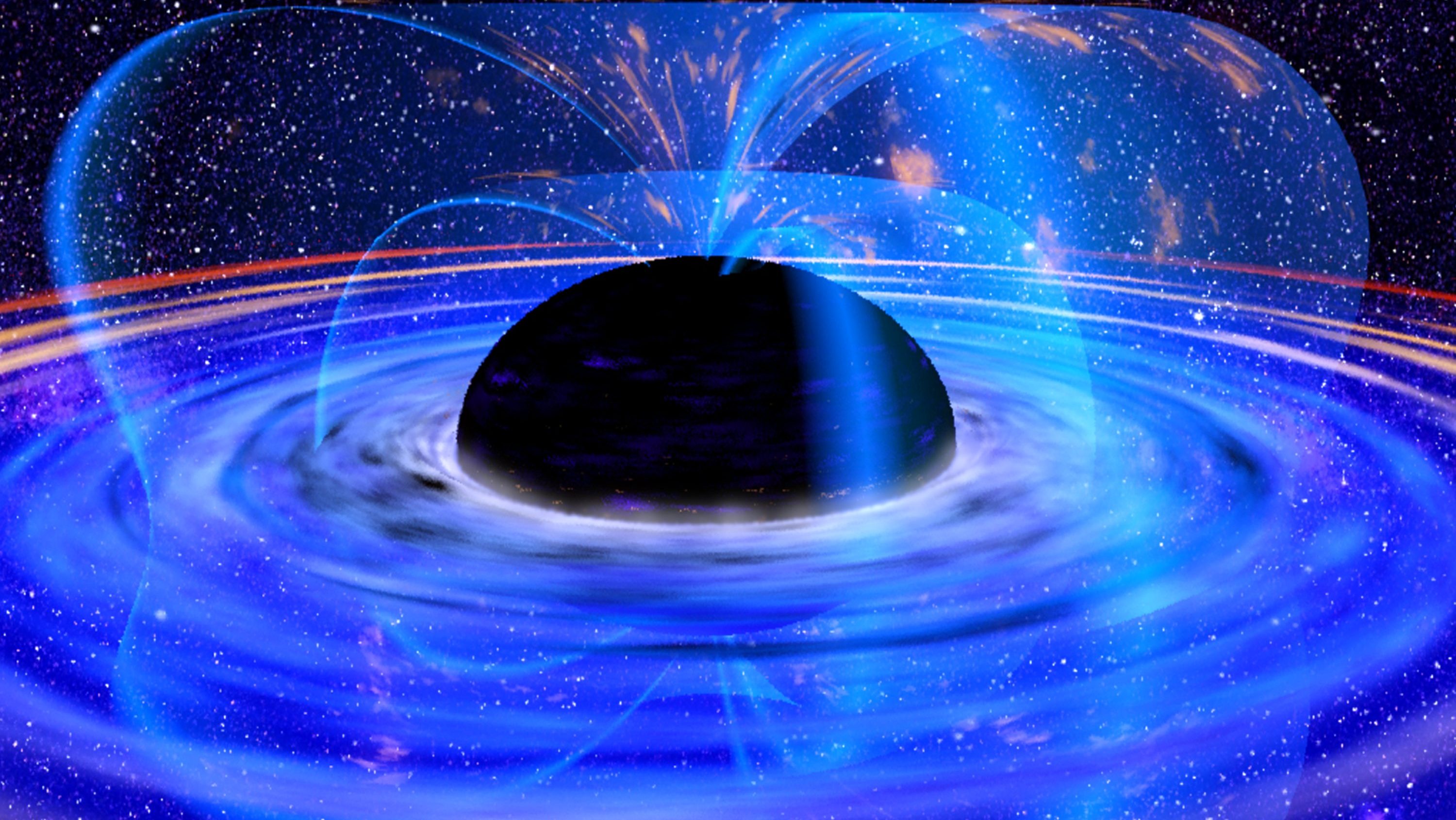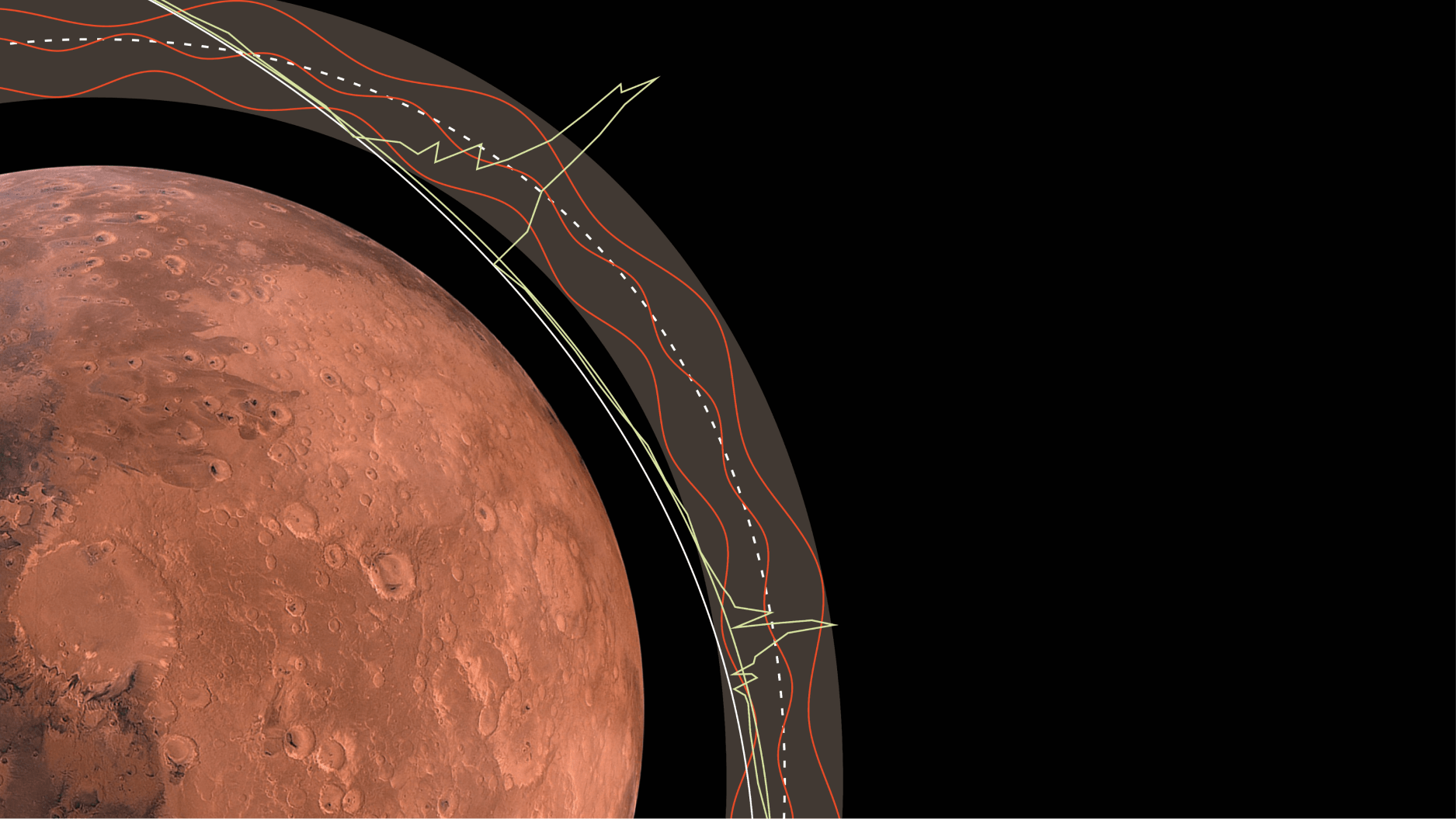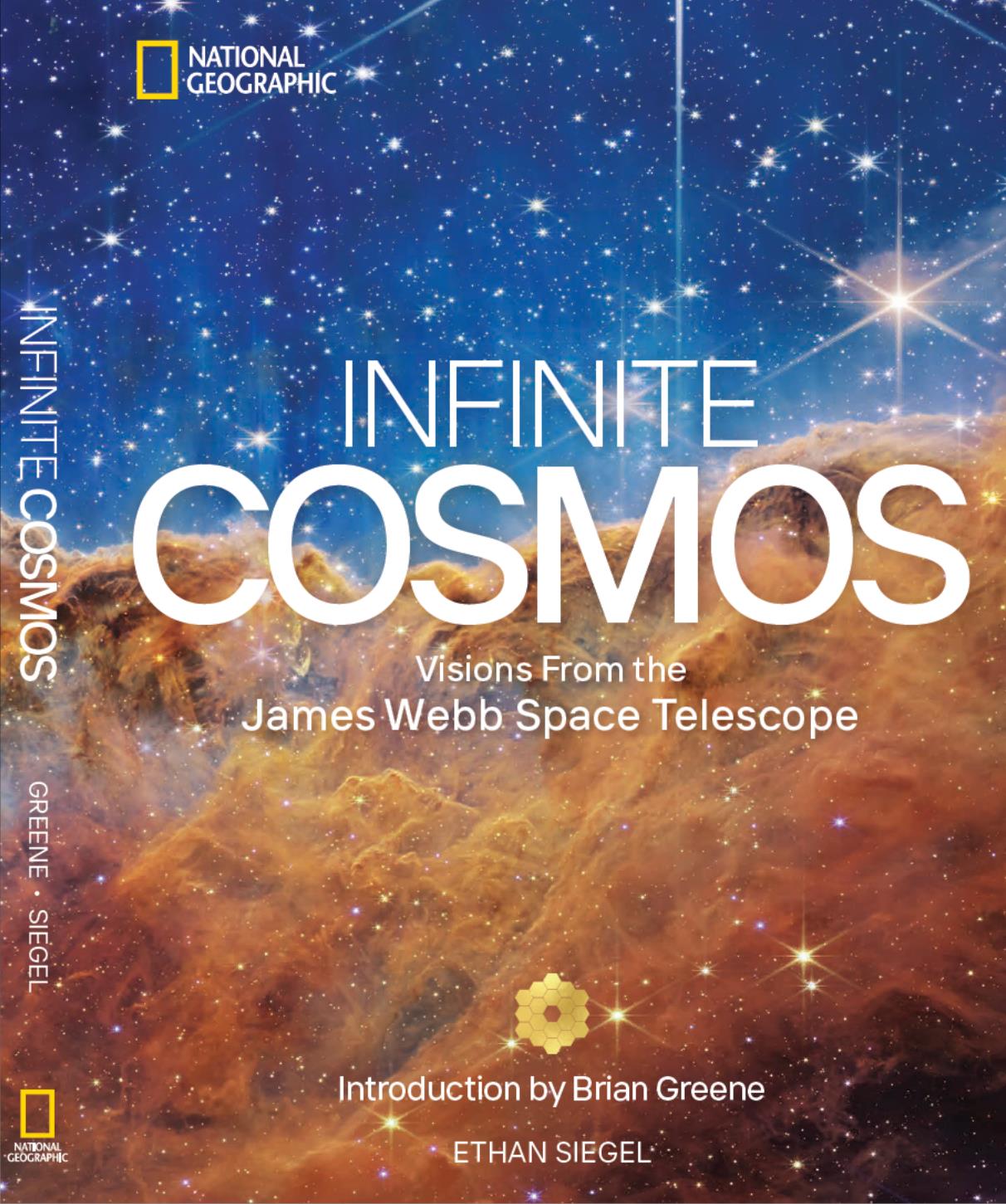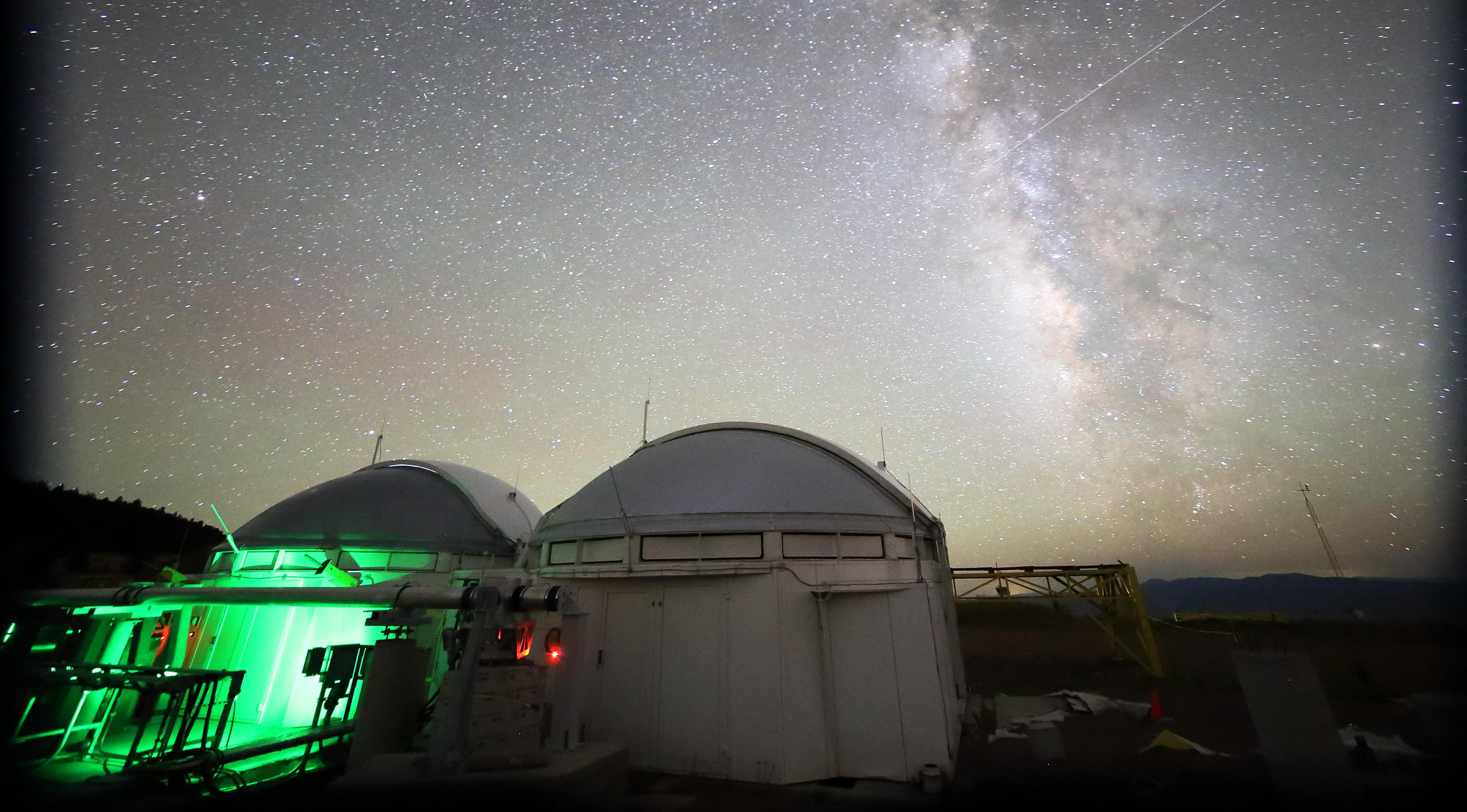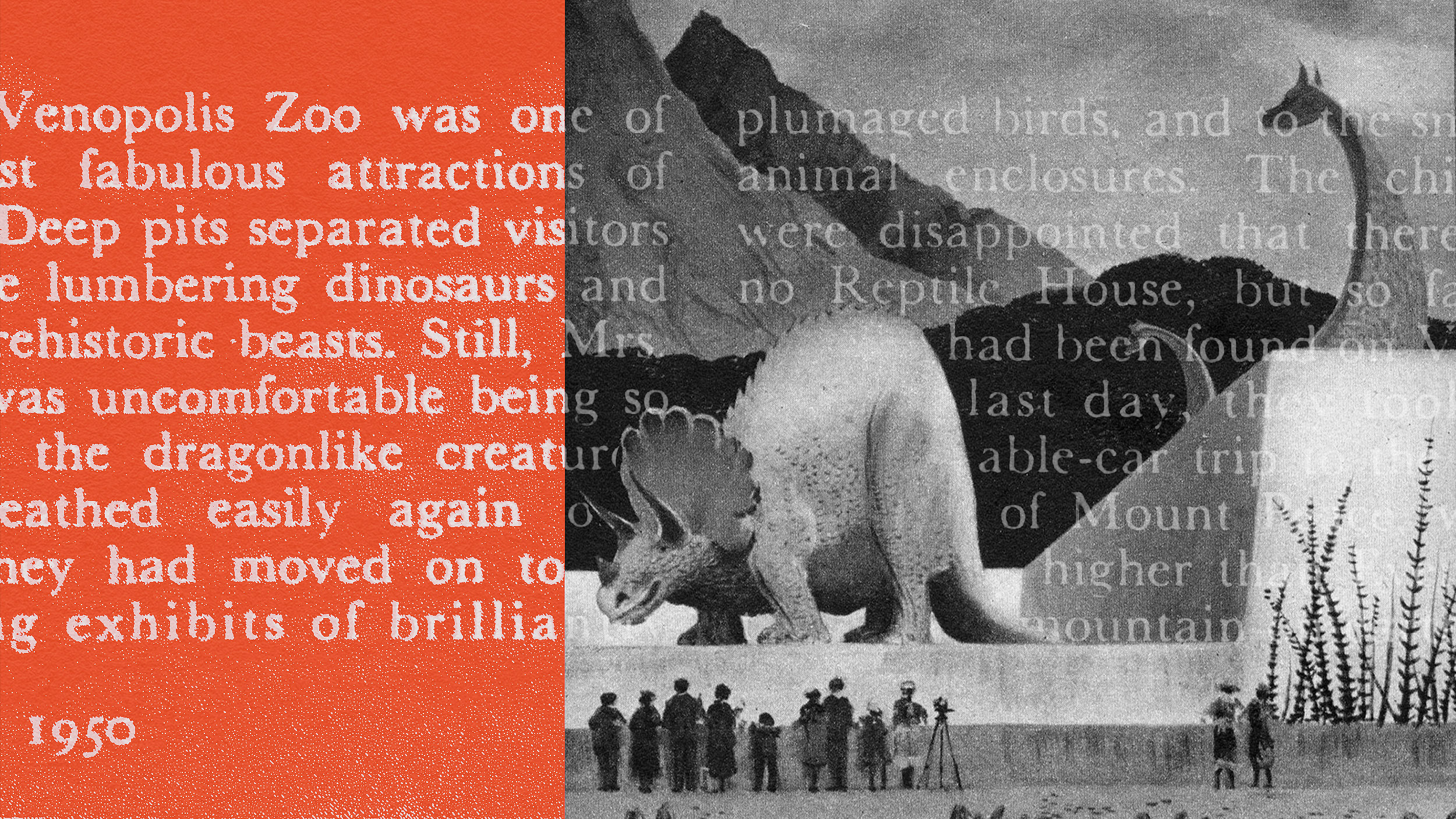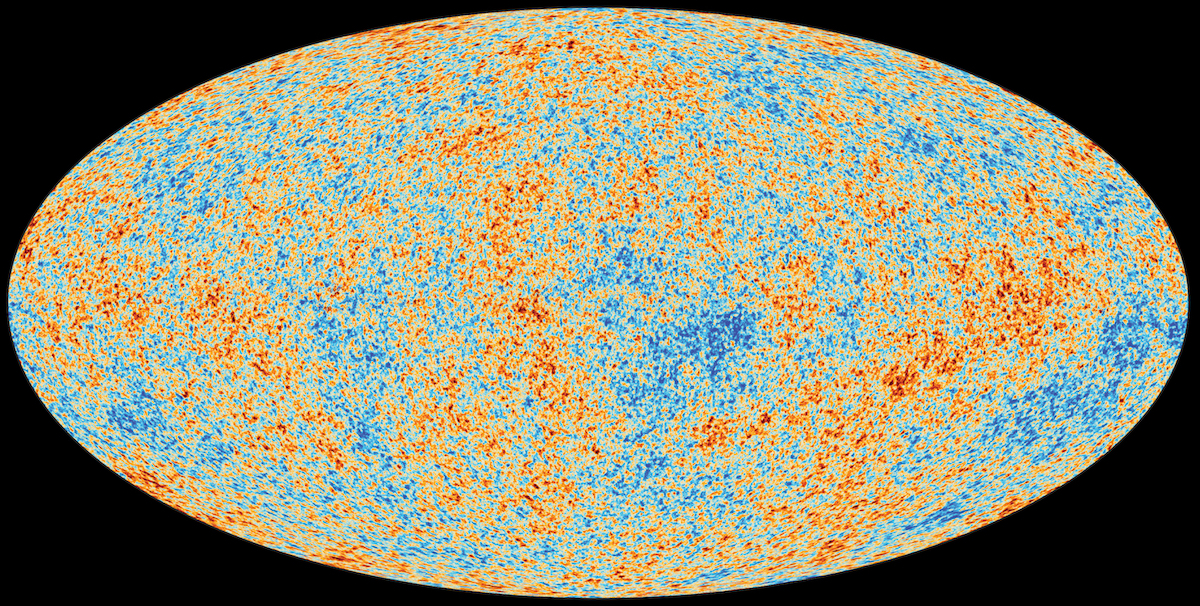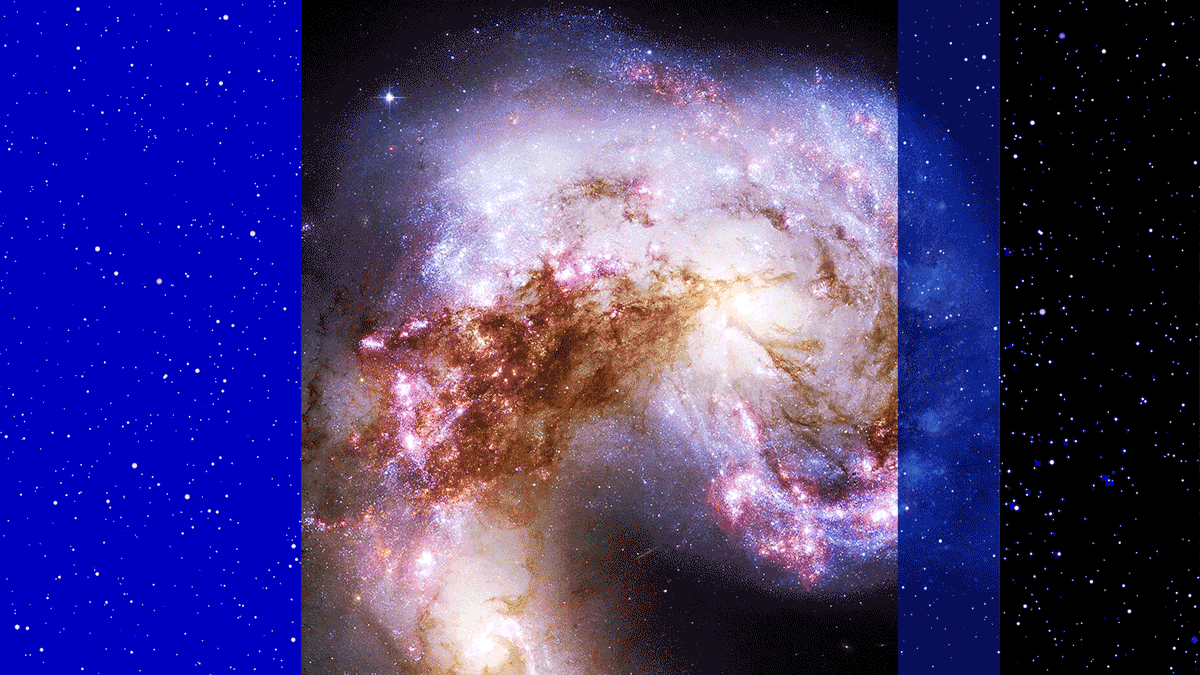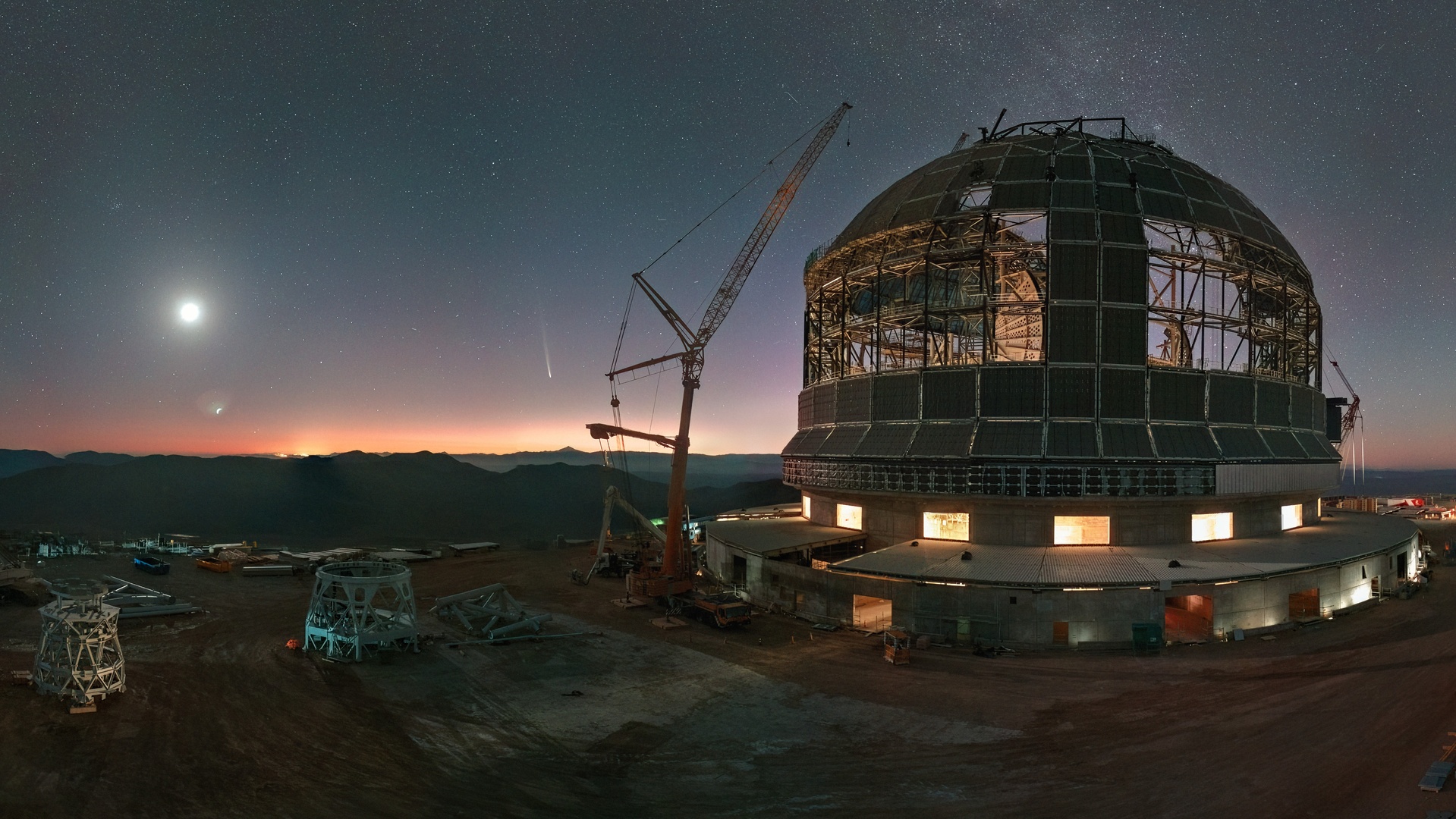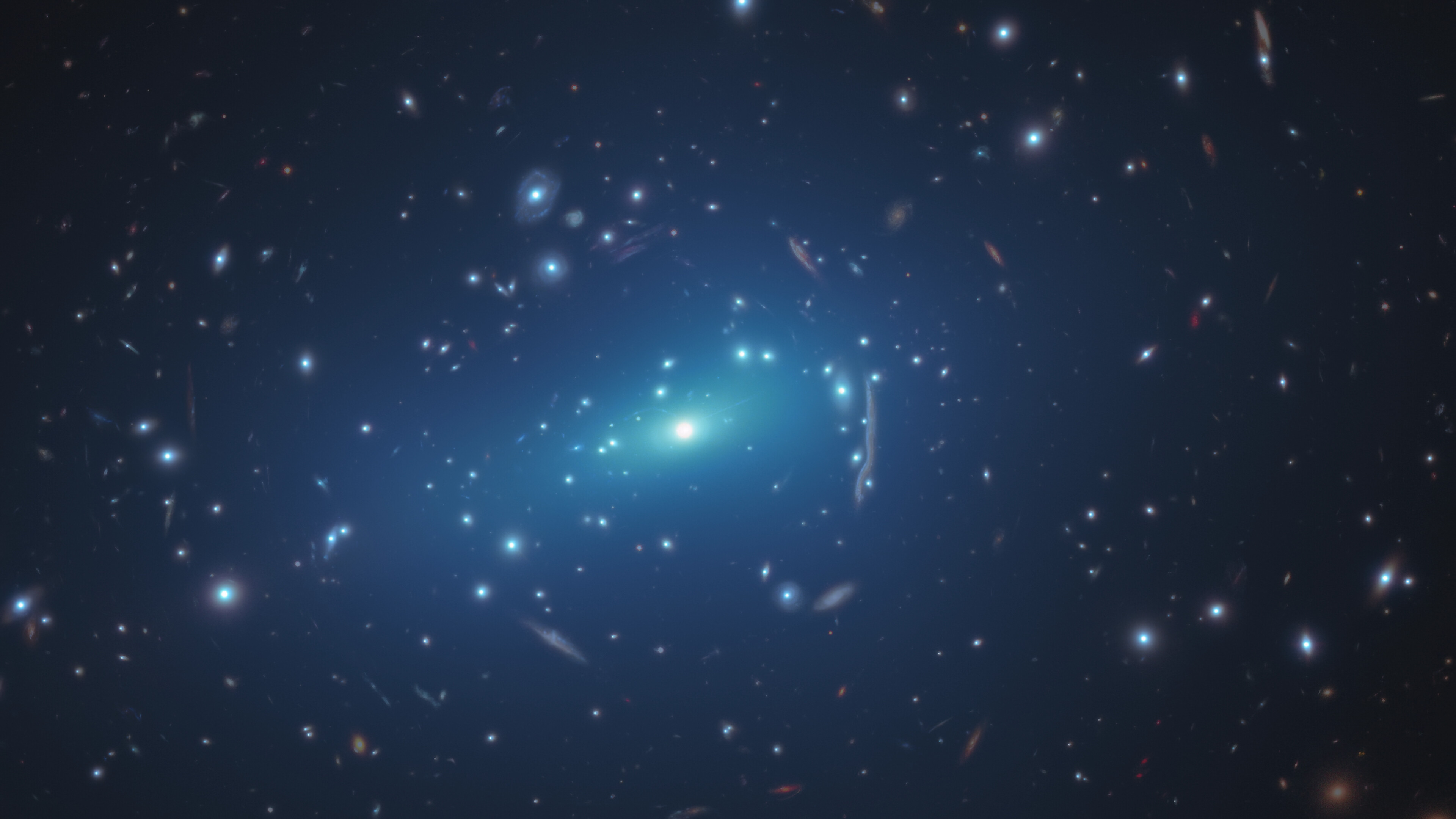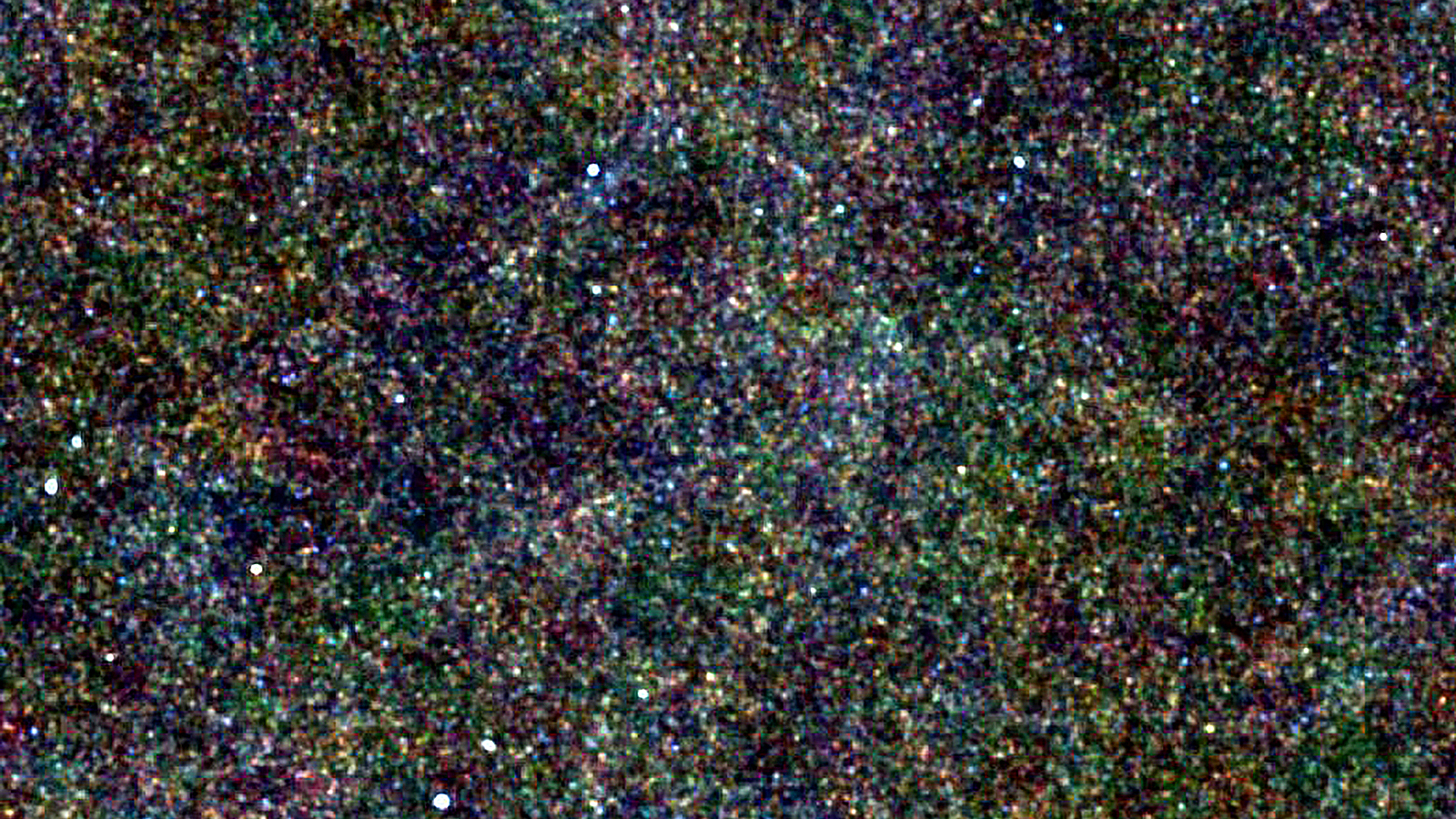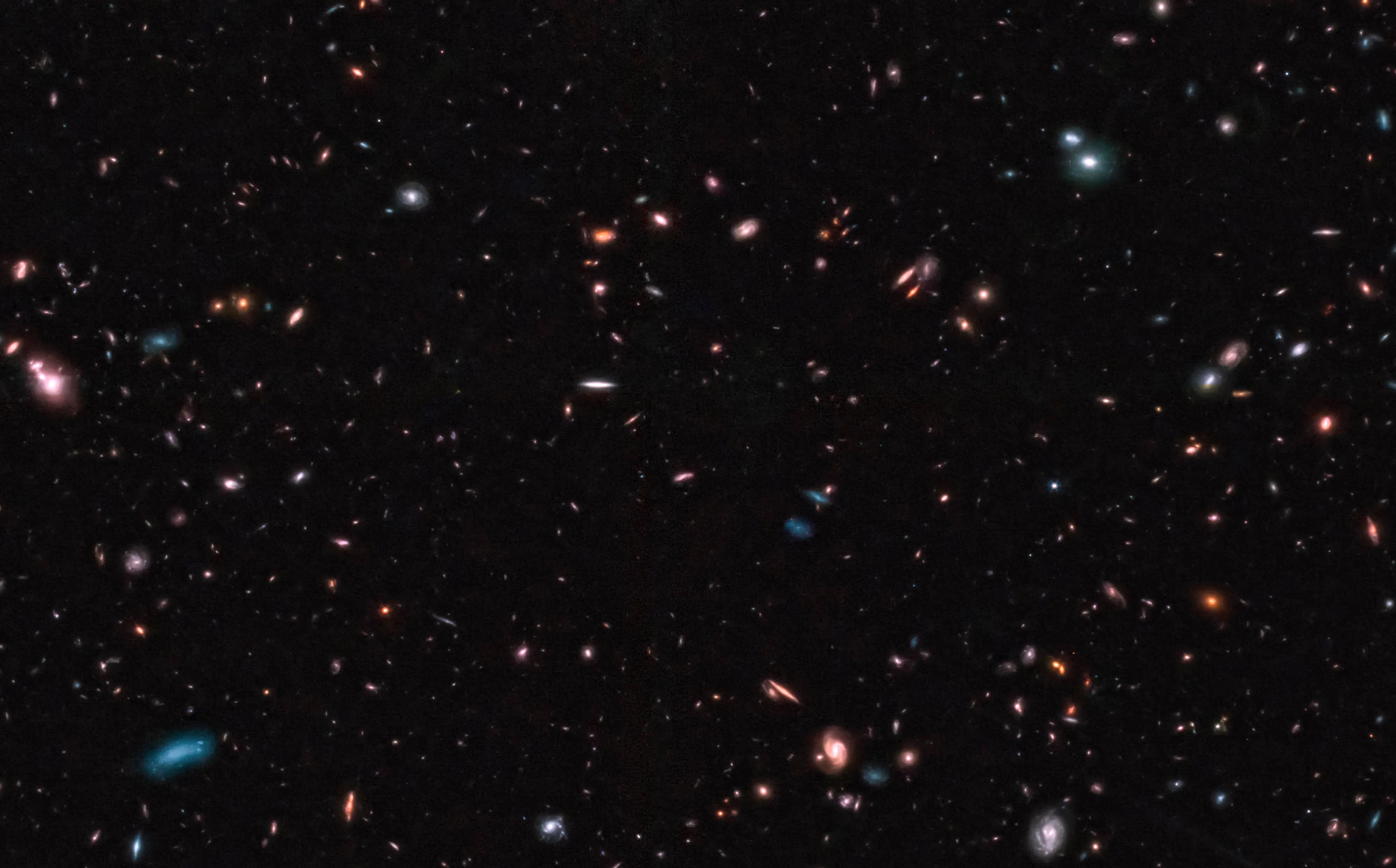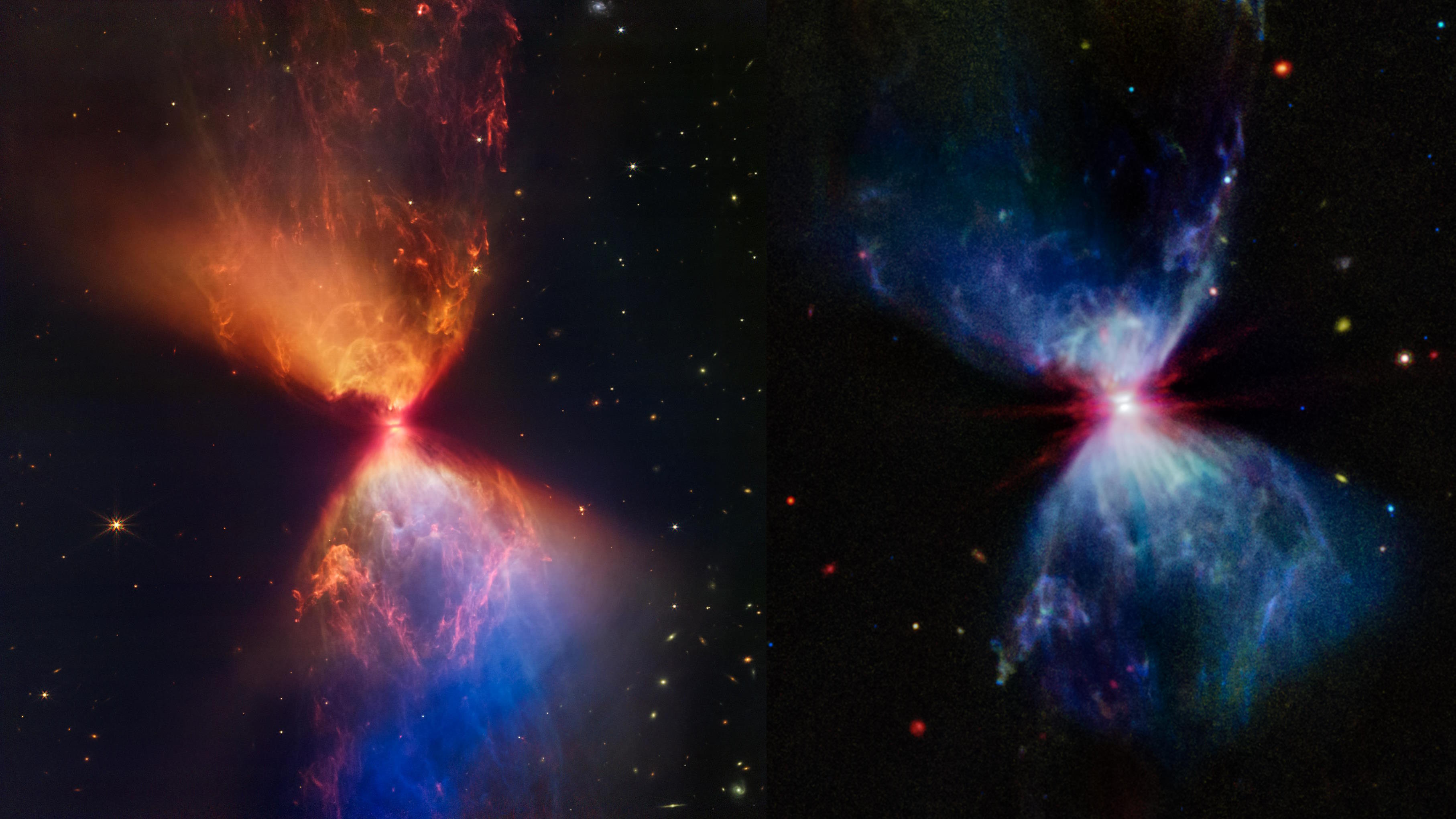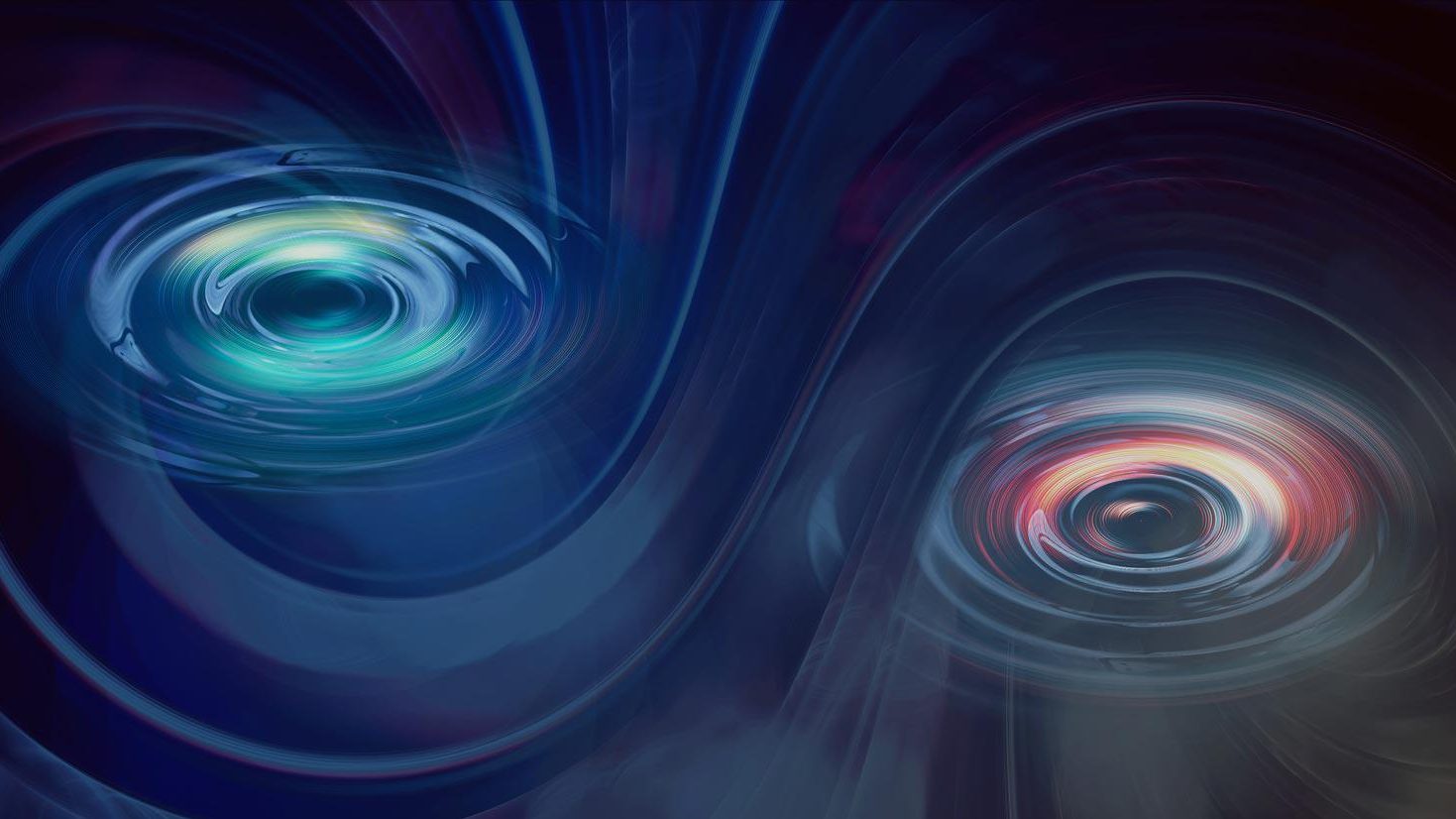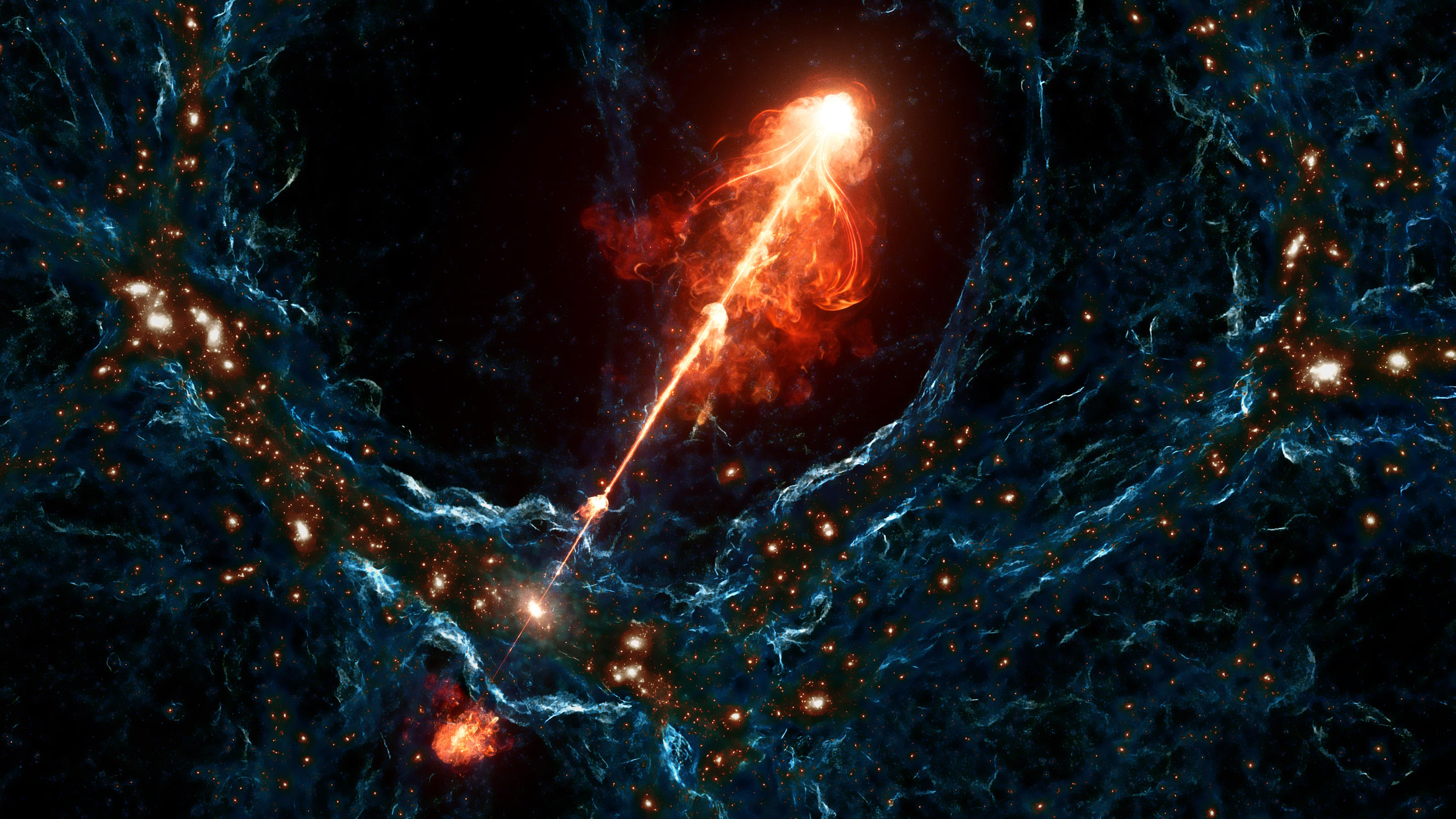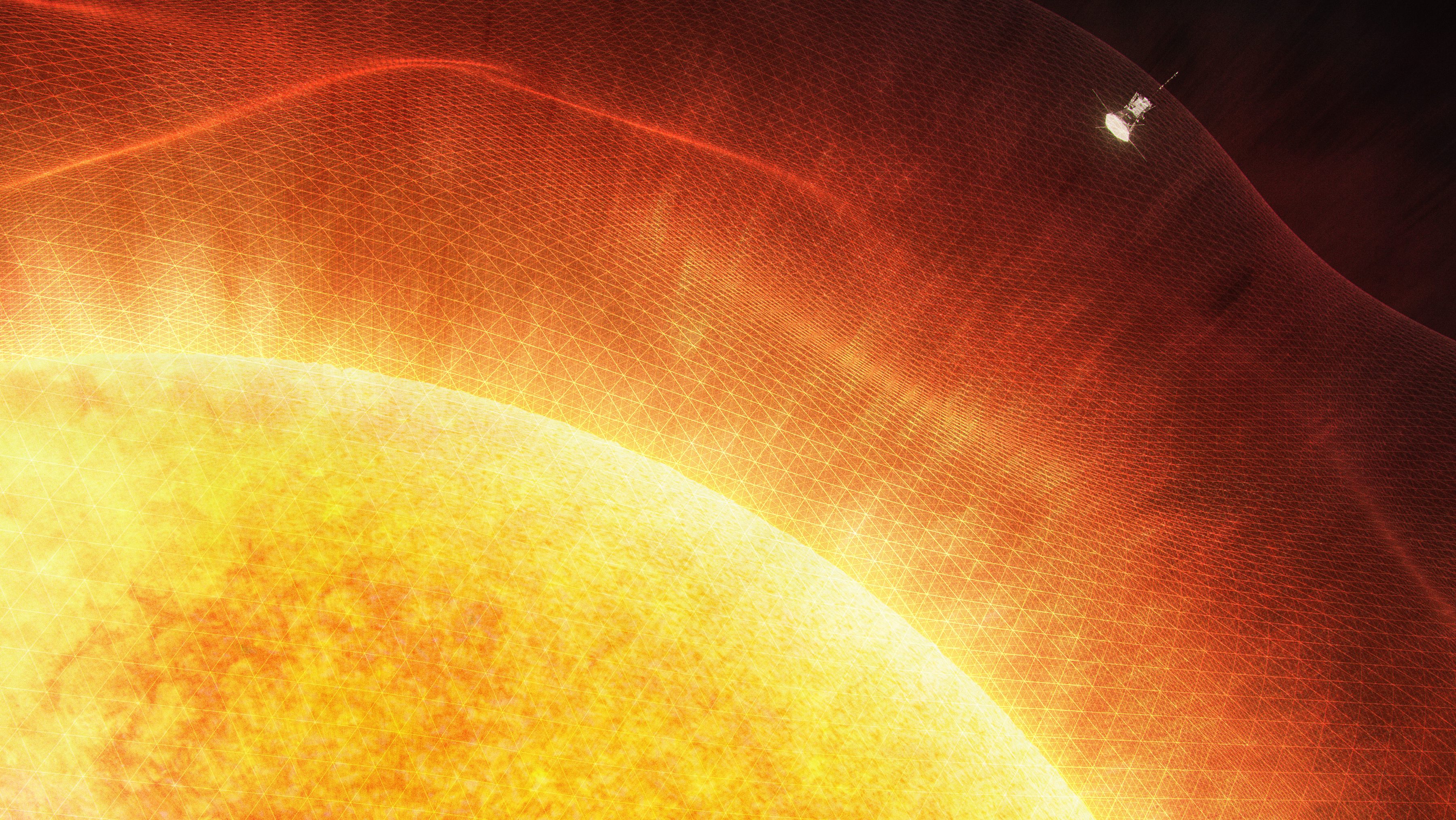Space & Astrophysics
The fabric of spacetime is four-dimensional, with three for space and only one for time. But wow, time sure is different from space!
Could life be widespread throughout the cosmos, in the subsurface oceans of ice-covered worlds? NASA’s Europa Clipper mission investigates.
Caption:“At this time in Mars’ history, we think CO2 is everywhere, in every nook and cranny, and water percolating through the rocks is full of CO2 too,” Joshua Murray says.
An in-depth interview with astronomer Kelsey Johnson, whose new book, Into the Unknown, explores what remains unknown about the Universe.
There are a number of factors to consider when choosing where to build a telescope. These 3 locations, on their merits, surpass all others.
The Universe changes remarkably over time, with some entities surviving and others simply decaying away. Is this cosmic evolution at work?
Black holes encode information on their surfaces, but evaporate away into Hawking radiation. Is that information preserved, and if so, how?
Artificial intelligence is much more than image generation and smart-sounding chatbots; it’s also a Nobel-worthy endeavor rooted in physics!
Watching for changes in the Red Planet’s orbit over time could be new way to detect passing dark matter.
National Geographic’s first James Webb Space Telescope book shows us the cosmos like never before.
The earliest Milky Way-like galaxy, REBELS-25, was spotted rotating about its axis. It’s only 700 million years old: 5% of our present age.
Interferometry gave us a black hole’s event horizon, but that was in the radio. What can we accomplish with a new optical interferometer?
Dinosaurs and other beasts were once thought to be the “undisputed masters” of Venus.
Today, the deepest depths of intergalactic space aren’t at absolute zero, but at a chill 2.73 K. How does that temperature change over time?
Physicists recently created Coordinated Lunar Time, a time zone for our Moon.
The Universe has been creating stars for nearly all 13.8 billion years of its history. But those photons can’t match the Big Bang’s light.
Comet A3, also known as Comet Tsuchinshan-ATLAS, has sprung to life since 2024’s last equinox. Here’s how to catch the show for yourself.
Scientists might be looking for Martian life in the wrong place.
In theory, dark matter is cold, collisionless, and only interacts via gravity. What we see in ultra-diffuse galaxies indicates otherwise.
The Parker Solar Probe is about to undergo its seventh encounter with Venus on its journey toward the Sun. Here’s how fast it’ll go.
In all directions, at great distances, the Universe looks younger, more uniform, and less evolved. Does that mean Earth must be the center?
Time is relative, not absolute, as gravity and motion both cause time to dilate. Your head and feet, therefore, don’t age at the same rate.
Despite many ultra-distant galaxy candidates found with JWST, we still haven’t seen anything from the Universe’s first 250 million years.
Just 460 light-years away, the closest newborn protostars are forming in the Taurus molecular cloud. Here are JWST’s astonishing insights.
It’s possible to remove all forms of matter, radiation, and curvature from space. When you do, dark energy still remains. Is this mandatory?
With the discovery of Porphyrion, we’ve now seen black hole jets spanning 24 million light-years: the scale of the cosmic web.
It would get rid of our hazardous, radioactive, and pollutive waste for good, but physics tells us it’s a losing strategy for elimination.
Almost all of the stars, planets, and interesting physics happens in the inner portions of galaxies. Is that conventional wisdom all wrong?
These startups, space agencies, and aerospace giants are building humanity’s next off-world homes.
Within our observable Universe, there’s only one Earth and one “you.” But in a vast multiverse, so much more becomes possible.
